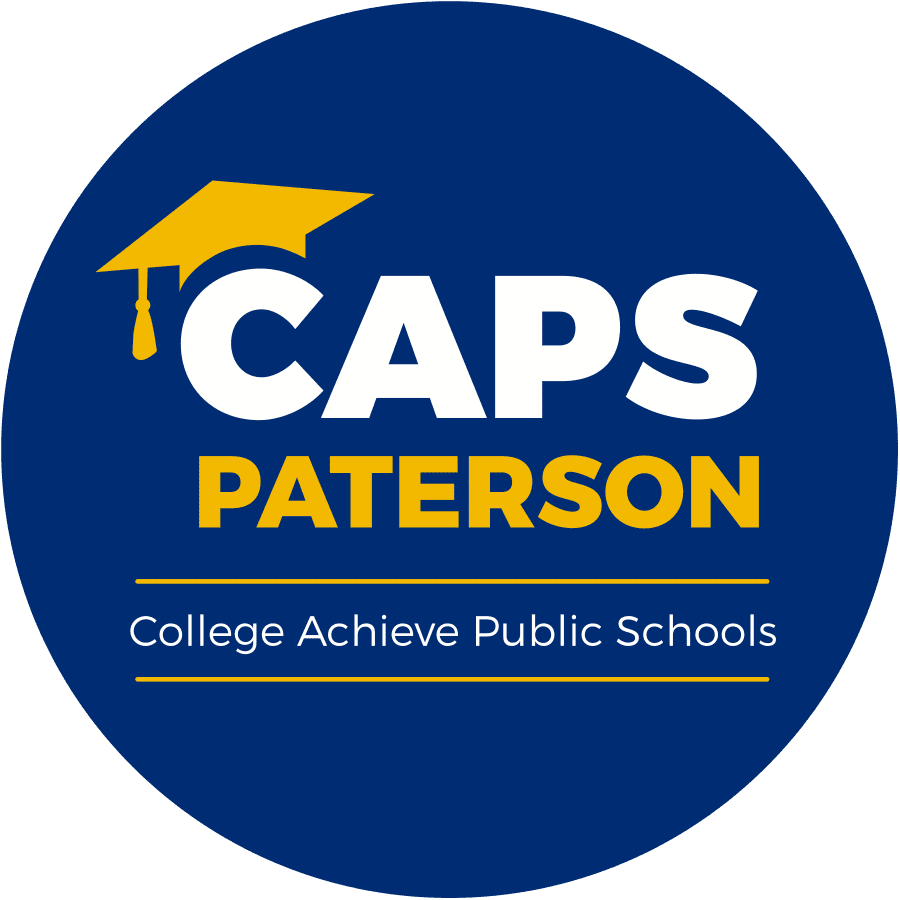A School Full of Teachers Who Reflect Its Community Doesn’t Happen By Accident
Educator’s view: My New Jersey schools recruit locally, pay people as they train, coach them well and show a clear path forward so they stay.
Published November 11, 2025 By Gemar Mills

This story first appeared at The 74, a nonprofit news site covering education. Sign up for free newsletters from The 74 to get more like this in your inbox.
I could have been another name in a long list of statistics.
I grew up in Paterson, New Jersey, raised by a single Black teenage mother. She worked long hours and still found the energy to keep me focused. She signed me up for summer academic programs. She made sure homework came before anything else. We didn’t have much, but she never let me think education was optional. For her, education was the one way forward.
Today, when I walk into a classroom at College Achieve Public Schools, where I work, I see faces that remind me of my own, both in the students and the educators teaching them. This was intentional. We realized our scholars would learn best from teachers who know their neighborhoods, understand their challenges and see their potential. So we built a system to achieve that goal.
Our educators reflect the community we serve. More than half are people of color, with significant representation from Black, Latino, Bengali, Arabic and Asian educators. Black male teachers, a group often underrepresented nationally in education, make up roughly 20% of the faculty, an exceptionally high percentage when compared with the national average of 1%. The team is stable and growing, with a cohort of educators recently hitting the five‑year mark and earning tenure. We are proud of these figures, and we know why it’s working.
Our approach is straightforward and replicable. We recruit from the community, pay people as they train, coach them well and show a clear path forward so they stay.
We partnered with nearby St. Elizabeth and Montclair State universities to hire qualified college students as substitute teachers, pairing each with a veteran mentor. They work as subs while completing their degrees, gaining classroom experience. Once they graduate, they can earn a full teaching certificate through New Jersey’s second-career pathway and return as certified teachers.
Through grants from the New Jersey Department of Education in partnership with Rutgers University, we have helped college students earn their teacher certifications while building direct recruitment pipelines. Paraprofessionals taking part in the program can typically earn their state teaching certification in two to four years, depending on their level of experience and education when they enroll. The program targets fields that have been disproportionately impacted by staff shortages, such as special education, science, math, English as a second language and bilingual education.
Our school also works with Gateway U, a workforce development initiative offering online college degrees, and has partnered with Teach for America to recruit educators.
We also created a summer co‑teacher program in hard‑to‑staff subjects so aspiring educators can teach in their subject with the help of seasoned educators before working full time the following school year. This past summer, 15 college students participated, and while some have gone to complete their degrees, some have stayed on as substitute teachers at CAPS or volunteered to lead clubs or special programs like robotics. I feel confident that at least half of these students will eventually join full time.
For late-career aspiring educators already in the workforce, we built routes to finish credentials while earning credit, including online degree options and targeted certification support.
In total, our partnerships with teacher-pipeline programs helped the certification cohort grow from 18 in 2018 to 35 in 2025, a 94% increase.
Retention is built into the design. New teachers get scheduled coaching time focused on practice. We reimburse tuition in exchange for a commitment of two full school years after they complete their degree or certificate, and provide leadership development so strong teachers can grow without leaving their classrooms. Many of our school leaders began here as teachers. People stay when they feel seen, improve their craft and can picture the next step.
Since opening in 2017, College Achieve Public Schools has grown to nearly 200 staff across its five campuses in Paterson. Retention has improved each year, culminating in 86.6% teacher retention and 92.8% overall staff retention and 88% of teachers reporting satisfaction with leadership and school environment for the 2024‑25 school year.
This model of development, supported certification and long‑term career support can be replicated in any school or district willing to invest in its own community as the future of its teaching force.
Seeing other educational leaders in New Jersey take similar steps by raising salaries, removing licensing hurdles and encouraging paraprofessionals and aides to pursue teaching credentials is refreshing. These changes open the door for more people from different backgrounds to become teachers and stay in the profession.
Education is about more than academics; it can redirect the course of a child’s life, like mine. Representation matters not just for diversity’s sake, but because it is proven to make measurable differences in student outcomes.
A school full of teachers who reflect its community doesn’t happen by accident. It happened because we chose to invest in people. We make it easier for future teachers to see themselves in the classroom and achieve success for our students. As my mother understood, education has the power to open doors I didn’t even know existed. Now, I am proud to do the same for other teachers.
